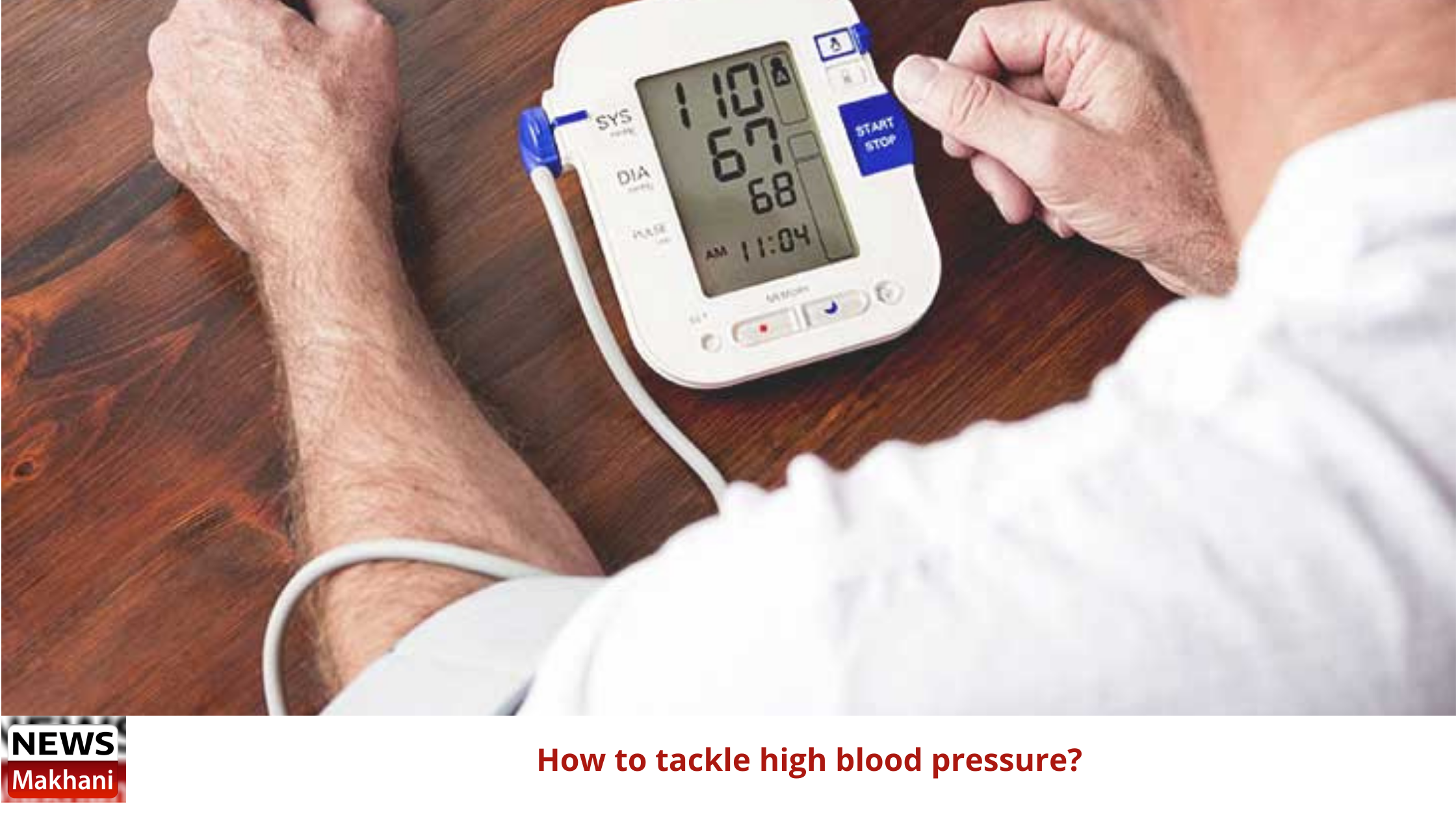Globally, more than a billion people suffer from hypertension. It has been predicted to increase by 60 per cent to 1.56 billion in the next five years. Hypertension is also a leading risk factor for cardiovascular diseases, diabetes, fetal and maternal death in pregnancy, dementia and renal failure. Two-thirds of those with hypertension live in economically developing countries like India, where it’s responsible for 57 per cent of all stroke deaths and 24 per cent of coronary heart disease deaths.
WHAT IS HYPERTENSION?
Hypertension is a condition in which the blood vessels have consistently raised pressure. The higher the pressure, the harder the heart has to pump, which leads to heart problems.
The various categories of blood pressure are:
- Normal (less than 120/80 mm Hg)
- Elevated (systolic between 120-129 mm Hg and diastolic less than 80 mm Hg)
- Stage 1 (systolic between 130-139 mm Hg and diastolic 80-89 mm Hg)
- Stage 2 (systolic at least 140 mm Hg or diastolic at least 90 mm Hg)
- Hypertensive crisis (systolic over 180 mm Hg and/or diastolic over 120 mm Hg).
YOUNG PATIENTS
Hypertension is witnessed in children as young as 10 years old. The reason behind this is increased hectic lifestyle, mental pressure, unhealthy eating habits, lack of physical activity, alcohol consumption, smoking, drug abuse, etc.
SYMPTOMS
Some of the common symptoms of hypertension are headache, irregular heartbeats, buzzing in the ears, nose bleeding, tiredness, dizziness, weakness, nausea, confusion, anxiety, chest pain and breathlessness.
Recognised as one of the major risk factors for cardiovascular disease, hypertension is also called as the ‘Silent Killer’ as it often does not exhibit any symptoms during its early stages.
Mostly, patients finds out about the criticality of the situation after suffering a heart attack or stroke, or are diagnosed with heart or kidney disease.
TREATMENT
Hypertension can only be managed with medication and lifestyle changes. Avoid consuming salt in excess as it puts strain on arteries which carry blood.
LIFESTYLE CHANGES
- Practice regular exercise, yoga or walk.
- Cut on Smoking and alcohol consumption.
- Sleep for at least 7 to 8 hours.
- Use the stairs instead of the elevator.
- Make home-cooked food instead of ordering in.
- If you have a sitting job, make it a habit to get up and walk around every hour.
- Find ways to reduce stress by deep breathing, talking to friends or working out.

 हिंदी
हिंदी






